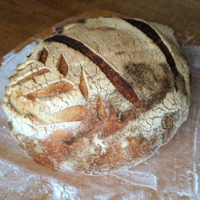- Thread starter
- #21
Thank you, thank you. I'll be here for the next two to six weeks!
Stick around, I expect I'll be posting tasting notes of my citrus soaps sometime around late April.
Stick around, I expect I'll be posting tasting notes of my citrus soaps sometime around late April.

